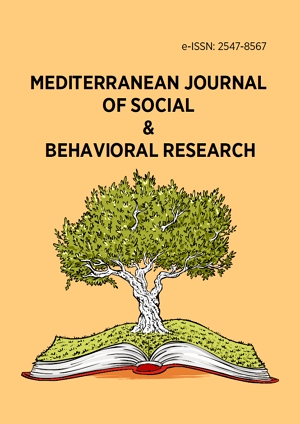Abstract
Communication is a necessity for the survival of society. In the face of so much misinformation or fake news in public domain, threatening public health, it has become even more important and needed. Whereas health communication is important in the fight against diseases especially those that have assumed the pandemic status, effective health communication is needed mostly, if the desired result and set objectives must be realized in record time. One important role communication plays in fighting diseases is that it helps eliminate misinformation as well as disinformation. COVID-19 came with all forms of conspiracy theories and fake news across various social media platforms, breeding some form of danger on public health. Such requires effective health communication. Health belief model is the theoretical framework for this paper. Through the use of summative evaluation design by consulting existing research documents in book chapters, journal article and online materials, the paper established that health communication possesses the required powers to quench all forms of infodemic and conspiracies regarding coronavirus. The paper emphasizes that in the face of infodemic and conspiracy theories regarding COVID-19, effective health communication becomes important and can be relied upon to help in quality communication to vulnerable groups on the risk and dangers associated with misinformation. The paper suggests that best ways government and other stakeholders can sustain efforts at stemming the tide with regards to misinformation in public domain without infringing on personal liberties of citizens is to improve efforts aimed at countering fake news across same platforms where fake news thrives.
License
This is an open access article distributed under the Creative Commons Attribution License which permits unrestricted use, distribution, and reproduction in any medium, provided the original work is properly cited.
Article Type: Research Article
MEDITERR J SOC BEH RES, Volume 6, Issue 3, October 2022, 93-100
https://doi.org/10.30935/mjosbr/12331
Publication date: 10 Aug 2022
Article Views: 2373
Article Downloads: 1081
Open Access References How to cite this article
 Full Text (PDF)
Full Text (PDF)